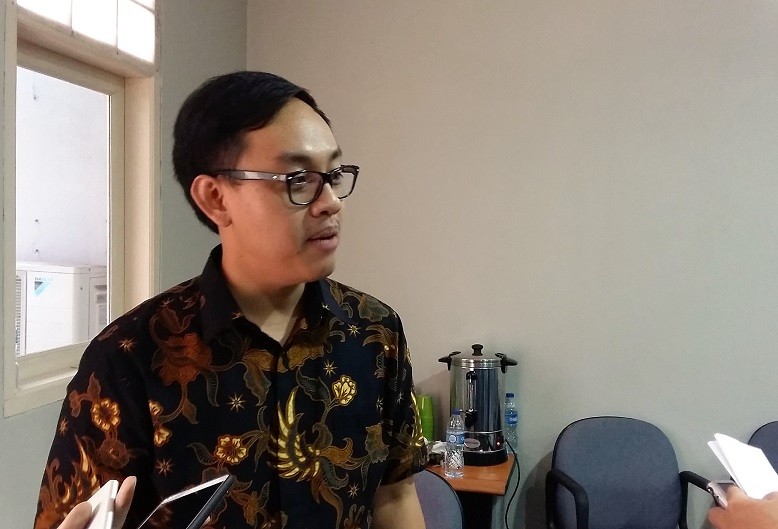Popular Reads
Top Results
Can't find what you're looking for?
View all search resultsPopular Reads
Top Results
Can't find what you're looking for?
View all search resultsGovt should increase healthcare stimulus as Indonesia gears up for new normal: Indef
Indef economist Bhima Yudhistira said that greater stimulus was needed to increase the country’s healthcare capabilities, which would in turn support the gradual reopening of the economy so that COVID-19 transmission did not spike and cause a second wave of infections.
Change text size
Gift Premium Articles
to Anyone
T
he government should allocate a larger stimulus package for health care as many regions prepare to enter the "new normal" and ease COVID-19 social restrictions, the Institute for Development of Economics and Finance (Indef) has suggested.
On Wednesday, the government increased the country’s COVID-19 stimulus package to Rp 677.2 trillion (US$47.6 billion), Rp 589.65 trillion of which is allocated to boosting the national economic recovery, while the remaining 87.55 trillion is designated for healthcare improvement.
Indef economist Bhima Yudhistira said greater stimulus was needed to increase the country’s healthcare capabilities, which would in turn support the gradual reopening of the economy so that COVID-19 transmission did not spike and cause a second wave of infections.
Such a second wave, he said, would result in another economic downturn, which would negate the government’s attempts to boost the economy.
“[The economic recovery] greatly depends on the [COVID-19] handling speed, so making peace with the epidemic does not mean that we should reduce healthcare incentives, stimulus and protocols,” Bhima said during a discussion with civil forum Rekat Anak Bangsa on Saturday.
Speaking with The Jakarta Post, Bhima said increased healthcare stimulus could be used to increase the availability of COVID-19 tests, improve healthcare facilities and provide protective equipment for micro, small and medium enterprises (MSMEs) that are expected to resume operation during the new normal phase.
He added that even the funds allocated for economic recovery were still relatively low, below 4 percent of the country’s 2019 gross domestic product (GDP). In comparison, other countries such as Malaysia, Singapore and the United States have each allocated stimulus worth at least 10 percent of their respective GDP.
Bhima also said the government needed to allocate the economic stimulus to better suit the needs of the new normal phase, during which businesses would operate with strict health protocols.
He cited Malaysia’s economic recovery stimulus package as an example, where the government allocated some of the funds to providing incentives for businesses to hire the unemployed, digitalization of MSMEs and providing limited free internet data for the increasing internet usage needs.
In comparison, he said Indonesia’s stimulus still focused on maintaining consumption, supporting MSMEs’ credit and backing up imports and exports.
“Why don’t we, for example, take the Rp 20 trillion budget of the preemployment card [included in the national economic recovery program] and use Rp 10 trillion to subsidize internet use,” Bhima said. “Indonesia’s [economic recovery] stimulus keeps increasing, but it still uses the ‘old normal’ formula.”
The preemployment card program, a mix of cash aid and training subsidy for unemployed workers meant to equip them with various skills, has been criticized for being irrelevant to the current situation.
Indonesia’s economy grew 2.97 percent in the first quarter of 2020, the weakest since 2001, as household spending and investment growth slowed in response to the outbreak.
The World Bank now expects zero percent growth for Indonesia if large-scale social restrictions (PSBB) last for two months amid a severe global economic slowdown and falling commodity prices. Under the organization’s worst-case scenario, which allows for four months of PSBB, Indonesia’s economy may shrink 3.5 percent.










